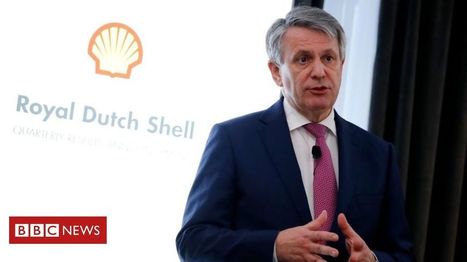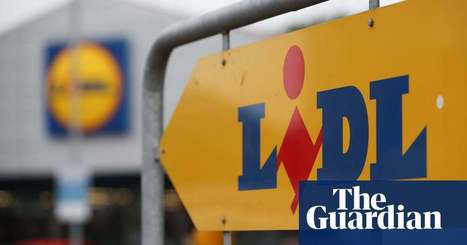As part of the CEO Secrets series, Calvin Benton discusses his firm Spill's "open" salary policy.
Get Started for FREE
Sign up with Facebook Sign up with X
I don't have a Facebook or a X account

 Your new post is loading... Your new post is loading...
 Your new post is loading... Your new post is loading...
The salary advantage for young people getting a degree is twice as big for postgraduates.
Graham Watson's insight:
The economics of education is fascinating - no more so than in this case. Does a post-graduate degree make people more efficient?
I'm of a generation where people didn't opt for Masters degrees with the same frequency as they do now - perhaps in part because the wage premium wasn't as high. However, it raises a fundamental question about whether the workers' wages reflect marginal productivity.
Does a post-graduate qualification boost productivity, or is it a signal that someone is hard worker. Or more prepared to invest in their own future, given the cost of a further degree.
And is there a point where the opposite is true - that doing a post-graduate degree indicates that someone isn't willing to work hard and is keen to put off entering the labour force for as long as possible - which isn't unreasonable given the rise in pensionable age.
Ben van Beurden's pay packet is now 143 times larger than the average Shell employee's in the UK.
Graham Watson's insight:
Ah! Executive pay - I've not 'scooped' about this in a while but, as Geoff Riley has already tweeted, it's a rich topic for discussion.
Can labour market theory - notably marginal productivity theory - explain the high pay of CEOs like Ben van Beurden? Or are there better explanations, perhaps involving monopsony markets, or aspects of game theory - particularly when remuneration committees, like Shell's are also influencing their own pay, afact acknowledged in the article, with the Shell's own Remuneration Committee noting that "the ration was 'consistent with those in the top 30 companies listed in London. |
Supermarket set to top Britain’s supermarket pay league with increase worth £10m in total
Graham Watson's insight:
The supermarket industry is a gift that keeps giving, and here is another fascinating insight: Lidl are boosting staff pay in line with the living wage, making them the highest paying supermarket, despite being a discounter.
This makes you wonder why they're prepared to do this: it might increase staff productivity and reduce staff turnover, reducing recruitment and training costs. It might also be less labour intensive than more established stores.
Equally, read the final sentence: there's a kicker. Will all staff who 'work' for Lidl be in receipt of higher wages?
Ben van Beurden’s bonanza is a reward for the oil price rise that was outside his control
Graham Watson's insight:
Sometimes you read a Business Brief that just nails it. And I mean that. Hat-tip of the highest order to Nils Pratley.
This is the sort of bonus-scheme/performance-related pay that makes a nonsense of executive pay, and people like me cross. If true, the notion that the size of Ben van Buerden's pay packet has largely been determined by a rise in the price of oil, then it makes NO economic sense.
Of course, people will say that there's a downside - that oil prices could have fallen. Yes. But by how much? I can't see an oil price of even $25 being sustainable. And the upside - well, oil prices have greater chance of going even higher than $60.
And then what does it say about the people who are prepared to accept such pay packets? I know I'll be accused of the politics of envy but if I was rewarded to such I degree I hope it would be from the lottery rather than from such a rigged game. |














I think that this is my favourite in the CEO Secrets series, with the CEO of a therapy company, Spill, reflecting on the company's failed experiment in paying all of his employees equally.
Initially, as a small firm , with five employees all in similar roles, the model, where everyone was paid £36,000 worked. However, as the company grew, and took on new employees it started to generate difficulties, rather obviously given the different marginal revenue product of the employees. Whilst the company was overwhelmed by applications for a clerical role, it soon became clear that they would have difficulty recruiting and retaining either a software developer or a salesman.
All of which strikes me as intuitive - but the fact that the company tried this model, and failed, is a lovely illustration of how economics is able to explain why people are paid different amounts - both for different jobs, and, in many instances, for doing the same job.